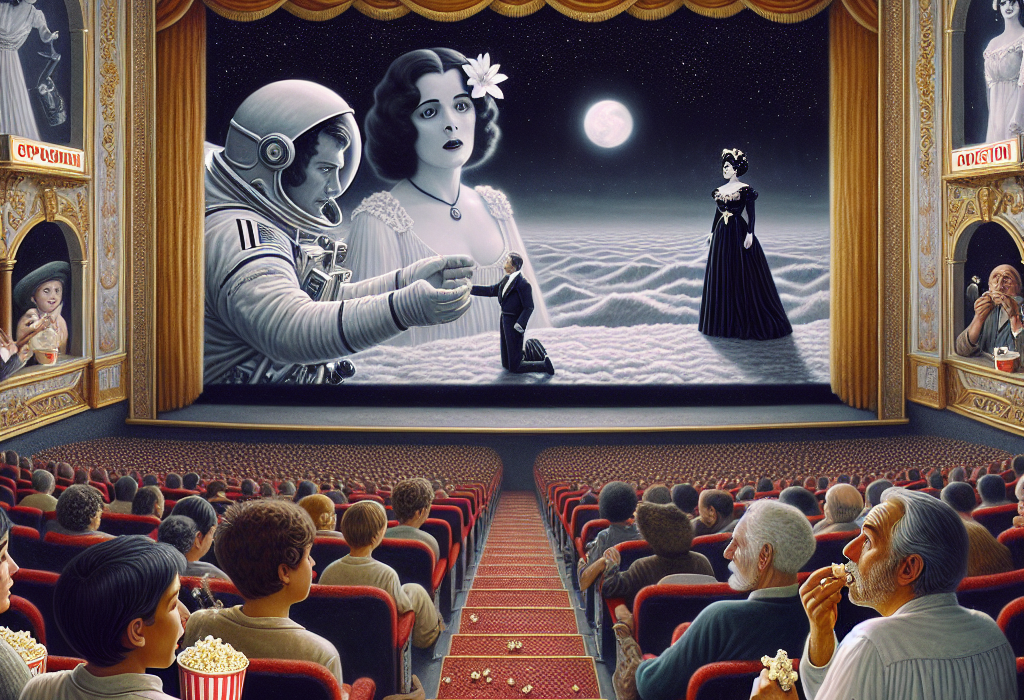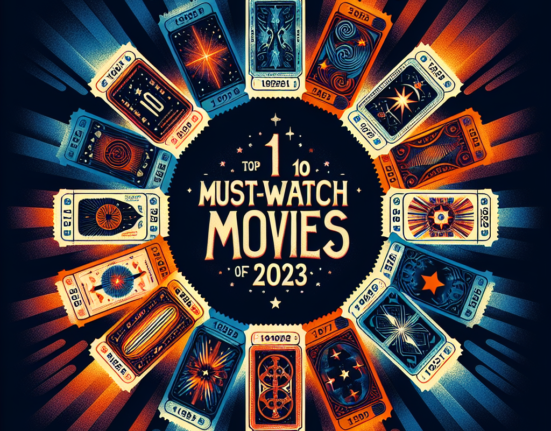The Everlasting Magic of Movies: A Journey Through Time and Imagination
Movies have a unique power to capture our hearts and imaginations like no other medium. Since their inception, films have evolved from silent black-and-white short reels to full-color, high-definition spectacles that transport viewers to worlds beyond their wildest dreams. The movie industry, along with its creative artists and technological advancements, continues to redefine storytelling and entertainment.
The Birth of Cinema
The journey of movies began in the late 19th century with pioneers like Thomas Edison and the Lumière brothers, who invented the first motion picture cameras and projectors. These early films were short and simple, often depicting everyday scenes. However, they captivated audiences and sparked an insatiable curiosity that laid the foundation for future innovation.
Georges Méliès, a French magician and filmmaker, was one of the first to explore the full potential of this new medium. With films like "A Trip to the Moon" (1902), Méliès introduced special effects and fantastical storytelling, demonstrating that movies could be more than just recordings of reality; they could also be a canvas for imagination.
The Golden Age of Hollywood
By the 1920s and 1930s, Hollywood had become the epicenter of the film industry. The introduction of sound in movies, marked by the release of "The Jazz Singer" (1927), revolutionized cinema, leading to the birth of the "talkies." This era saw the rise of legendary actors such as Charlie Chaplin, Buster Keaton, and Greta Garbo, and the establishment of major studios like Warner Bros., MGM, and Paramount.
As the 20th century progressed, Hollywood entered its Golden Age, producing timeless classics like "Gone with the Wind" (1939), "Casablanca" (1942), and "The Wizard of Oz" (1939). Directors like Alfred Hitchcock and Orson Welles pushed the boundaries of cinematic techniques, creating films that are still studied and admired today.
New Waves and Independent Cinema
The 1950s and 1960s brought about significant changes in the film industry. The rise of television prompted filmmakers to adopt new techniques and styles to lure audiences back to the theaters. This period saw the emergence of international cinema, with movements like Italian Neorealism, led by directors such as Federico Fellini, and the French New Wave, with visionaries like François Truffaut and Jean-Luc Godard.
In the United States, the 1970s ushered in a new era of independent filmmaking. Directors like Martin Scorsese, Francis Ford Coppola, and Steven Spielberg introduced a more personal, character-driven approach to storytelling. Their films, such as "Taxi Driver" (1976), "The Godfather" (1972), and "Jaws" (1975), became instant classics and influenced generations of filmmakers.
The Digital Revolution
The advent of digital technology in the late 20th and early 21st centuries transformed the film industry once again. Computer-generated imagery (CGI) allowed for the creation of stunning visual effects, bringing to life epic worlds and characters that were previously unimaginable. Films like "Jurassic Park" (1993), "The Matrix" (1999), and the "Lord of the Rings" trilogy (2001-2003) showcased the limitless possibilities of digital filmmaking.
Streaming platforms like Netflix, Amazon Prime, and Disney+ have also disrupted traditional distribution models, making movies more accessible than ever before. Independent filmmakers now have unprecedented opportunities to share their work with a global audience, democratizing the art of cinema.
The Future of Movies
As we look to the future, the landscape of cinema continues to evolve. Advances in virtual reality (VR) and augmented reality (AR) promise to create new immersive experiences, blurring the line between the audience and the screen. Meanwhile, the ongoing dialogue around representation and diversity is leading to more inclusive storytelling, ensuring that movies reflect the rich tapestry of human experience.
Despite the changes in technology and platforms, the core essence of movies remains the same: to tell compelling stories that resonate with viewers. Whether it’s through the laughter of a comedy, the suspense of a thriller, or the emotional depth of a drama, movies have an unparalleled ability to connect us, inspire us, and make us ponder the complexities of life.
In a world that is constantly changing, the magic of movies endures, reminding us of the power of storytelling and the boundless possibilities of human creativity.











Leave feedback about this
You must be logged in to post a comment.